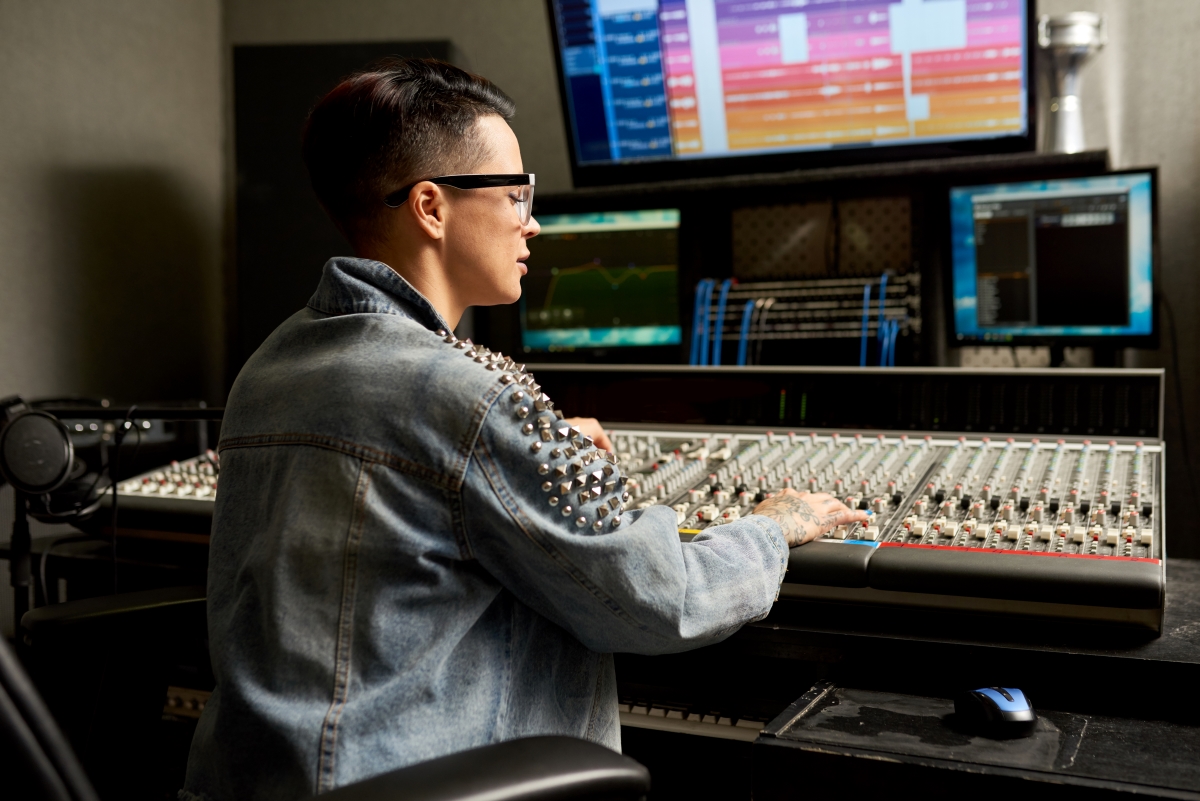Does your business require a new Audio Engineer? This is the perfect place for you to find a qualified candidate! Take a look at this FREE Audio Engineer Job Description Template that we created for you.
It contains essential information about Audio Engineer, including skills, responsibilities, requirements, and many more!
Take the opportunity to customize this template so that it matches your criteria and demands.
A customized job offer will help you attract the best candidates interested in this position!
Our job is to help you complete your hiring process as easily as possible.
Check out our VIVAHR Software to discover numerous helpful resources, features, and tools.
These will help you elevate your business performance!
You can also distribute your job opportunities to 50+ job posting sites and job boards across the country!
Let’s find your next team member! 🙂
What is an Audio Engineer?
Audio Engineers are professionals who work in many different industries to record, synchronize, record, mix, and reproduce sound effects, music, and voices.
They mix, edit, and adjust sound elements in a cohesive whole, making sure they are properly balanced and clear.
They coordinate with other team members on a project, set up and maintain equipment and machinery for recording sessions, and identify and resolve technical issues.
Their goal is to create a finished recording that matches client requirements.







